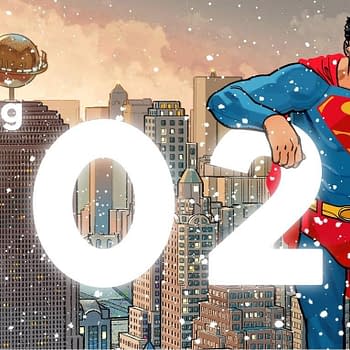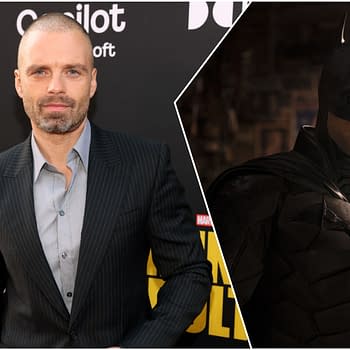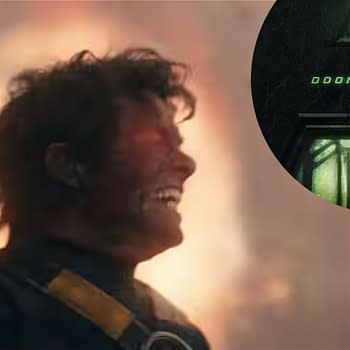Posted in: Movies, Recent Updates | Tagged: Comics, entertainment
Luc Besson, Arthur And The Minimoys, And The Court Case Worth Millions

They were paid a flat fee for their work, but owned no percentage rights on the films or the merchandising.
The films (at least the first) made a lot of money and the main four designers, Rouchier Philippe, Robert Cepo, Georges Nicolas and Fructus Bouchelaghem decided they should be sharing in the profits generated from the characters they'd designed.
After failing to reach a settlement with the producers in 2012, they went to court and, in what may be a ground-breaking decision, the court set aside the contracts, ruled that they were indeed co-authors under French law and appointed an independent expert to decide how much they should receive — in any event, a sum estimated to be in the millions. The company, which has appealed, was ordered to provisionally pay 55,000 € to the artists and 15,000 € legal costs, and that they were entitled to 0.3% of revenue from the movies, amounting to € 7.3 million for cinema tickets, direct sales and other derivatives.
The court claims that EuropaCorp committed acts of infringement, representing or reproducing without the consent their creations on the characters, both main and secondary, accessories and decorations of the movies.
The court decided that the artists wouldn't be paid extra for the first movie, but nullified the contracts signed for the sequels.
The first movie of the trilogy released in 2006 set a world record for French film animation, however the sequel in 2009 did only half as well and the threequel in 2010, a third. However, the Minimoys have appeared in theme park rides Futuroscope and Europa-Park in Germany.
This is only a "first-level" court; Besson's company Europacorp, has appealed, and even if they lose the appeal, they'll almost certainly go to the French Cour de cassation next (Supreme Court), so we're looking at another four of five years of litigation.
But this setting aside of a contractual work-for-hire situation in favor of the recognition of a co-authorial status, and the financial rewards that come with it, by a French court, for the first time ever, is nevertheless significant.


















